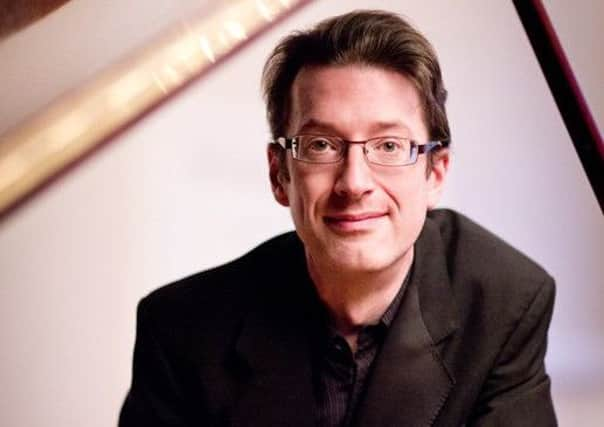Music review: Scottish Chamber Orchestra / Alexander Janiczek / Llyr Williams


Scottish Chamber Orchestra / Alexander Janiczek / Llyr Williams ***
City Halls, Glasgow
This was the latest programme to feature dual soloists Alexander Janiczek and Llyr Williams in Mozart and Beethoven concertos respectively. True, each took charge of their own performances: Janiczek in Mozart’s self-propelling Violin Concerto No 4; Williams in Beethoven’s grandiose “Emperor” Piano Concerto. But they were equally reliant on the SCO’s self-
Advertisement
Hide AdAdvertisement
Hide Adpropelling instincts to go with the flow. Where the connection worked, sparks flew.
Expectations were sky high after a sizzling opener, Mozart’s Overture La Clemenza di Tito, which Janiczek spurred into life from the leader’s chair. This was high definition Mozart, crisp and exhilarating, its sunburst energy thrillingly contained within stylistic bounds, its quasi-
theatrical characterisations charismatically expressed.
The Mozart concerto seemed to be heading in the same direction, Janiczek’s opening movement full of natural sparkle and purity of tone: feel-good Mozart. Somehow, though, his grip slackened after a mid-performance memory slip and, almost infectiously, the magic dissipated. He led the band in Berg’s Three Pieces from Lyric Suite, but the outcome was tepid and colourless.
Williams’ presence in the Beethoven was magisterial and inspirational. It reawakened the SCO. Yet Janiczek’s swashbuckling powerplay seemed to jar with Williams’ more nuanced hand signals, leading to uneasy conflict of ensemble. Too many cooks.